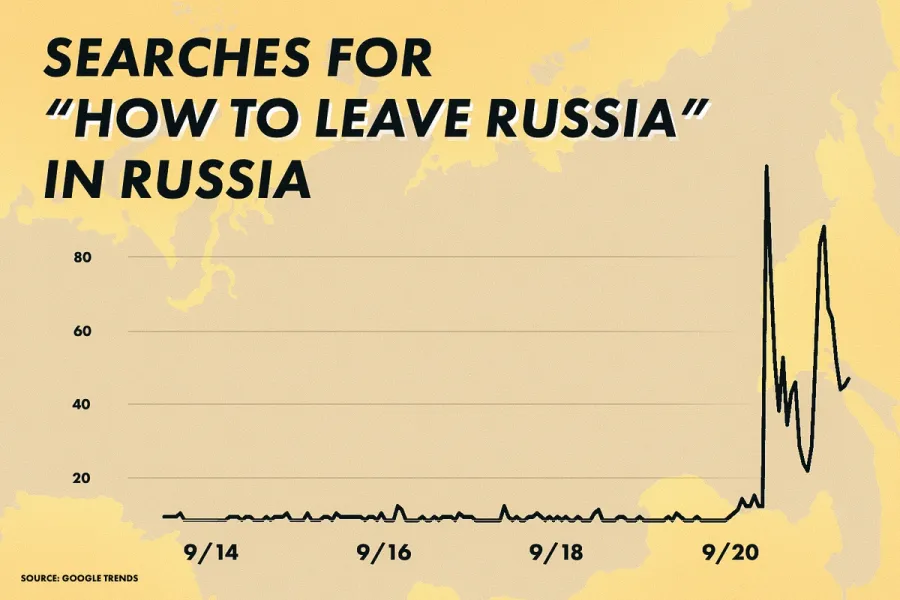
Will Veganism Save Us from a Second COVID-19 Wave?
Across various American states, and social posts, veganism has become one of the trendiest social and cultural movements of our time. Vogue Magazine has named Los Angeles, Dallas, Oklahoma, and New York among its top US vegan-friendly cities. Similarly, a quick scroll through the top-followed celebrities’ pages on social media will leave you yearning for a smoothie bowl for breakfast or a bowl of soba noodles for a quick influencer-inspired lunch. Even Tik Tok, the millennial platform and quarantine’s most irresistible entertainment, is allowing vegan chefs and influencers the fame they deserve as they amount thousands of views for their quick, easy, vegan meal videos. Need a satiating vegan snack that you can make in ten minutes? Look for a recipe in Tabitha Brown’s Tik Tok page for inspiration!
Whether Americans choose to adopt a plant-based diet for its proven health benefits, its efficiency in fighting against climate change, or simply for its popularized celebrity fame, the rise of veganism might have been the single most helpful movement during the COVID-19 pandemic.
In fact, if there is anything that the pandemic, and the extended hours we are required to spend indoors during lockdown, has blessed us with is the opportunity to reflect back on our lifestyles and reassess our relationship with food and consumption. No one can erase the images of the angry, panic-ridden, consumers flooding through Walmart and Costco at the beginning of this year as they fight to compile sanitary products and canned foods into their shopping carts. On the parallel end, the American meat industry saw considerable shortages due to the spread of the virus among slaughterhouse and farm workers. Meat providers are looking for alternative ways to protect their supplies, like Joshua Applestone who is inviting people to buy his Applestone meat through a vending machine. His desire to come up with a touch-less practice at the start of his project in 2016, and which led to invention of his meat-filled vending machines, was the reason his method caught fame during the pandemic. But because a government-incentivised initiative to transfer the selling of meat from butchers’ refrigerators to refrigerated vending machines is nowhere in sight, it is rather imaginative to claim that Applestone-style consumerism will solve the influx in consumer demand for animal protein during the pandemic. Instead, we can turn to more sustainable ways to provide consumers with their food supplies, and this is where the discussion on veganism starts.
The rise of vegan diets or plant-based lifestyles was publicly – and more importantly, commercially – encouraged with the release of meat-replacement options at fast food chain restaurants like the long-hailed Impossible Sliders at McDonalds, the Beyond Meatball Marinara at Subway, and the Impossible Whopper at Burger King. These new fan-favourite capitalist gems are increasingly becoming a viable grocery stable, even when chain restaurants stopped catering them during one period or another. According to Amelia Nierenberg of the New York Times, the pandemic-forced shortage in meat products is a probable reason for the growth of ‘vegan-meat’ products “which had a jump of 35 percent” in consumer demand this year. China, the world’s first country to have a COVID-19 outbreak and the first to successfully overcome it, is currently reopening its businesses, and simultaneously, providing the public with plant-based alternative options at its restaurants. Starbucks, and soon KFC, is said to offer vegan-meat meals across China due to public demand for healthier food.
Jonathan Safran Foer, author of “Eating Animals” and “We are the Weather” has recently turned to the New York Times to advocate for veganism. In his May 21st opinion editorial titled “The End of Meat if Here”, Foer seems optimistic as he advocates readers to make the transition to a plant-based diet during lockdown. Detailing the environmental and cultural effects that the meat industry has caused so far, Foer concludes with a spiritual invitation for the public: “With the horror of pandemic pressing from behind, and the new questioning of what is essential, we can now see the door that was always there. As in a dream where our homes have rooms unknown to our waking selves, we can sense there is a better way of eating, a life closer to our values.” Foer’s words, though seemingly abstract and ambitious, are wonderful reminders of the need for environmental-based advocacy, a movement that typically starts with our individual desire to challenge our consumption behaviours. In fact, the destructive long-lasting effects that the pandemic had on slaughterhouses in the US has led many, including Foer, to believe that the pandemic might have been the result of our cruelty towards animals and our national preference for factory-farming.
Will veganism provide a better healthier future for America? Most likely so, but not until we separate farming from factory-based manufacturing.
Will veganism offer a similar optimism for our countries in the Middle East? Perhaps, but most likely not. What we know about environmental health and sustainability is heavily defined by western practices and experiences, which leaves us wondering: if a solution to the pandemic must also be a viable solution to climate change, then shouldn’t the Middle East increase its national awareness and cultural investment in environmental sustainability?





That is really interesting, You’re an overly professional blogger. I have joined your rss feed and stay up for in search of more of your magnificent post. Additionally, I have shared your site in my social networks!
Very superb visual appeal on this website , I’d value it 10 10.